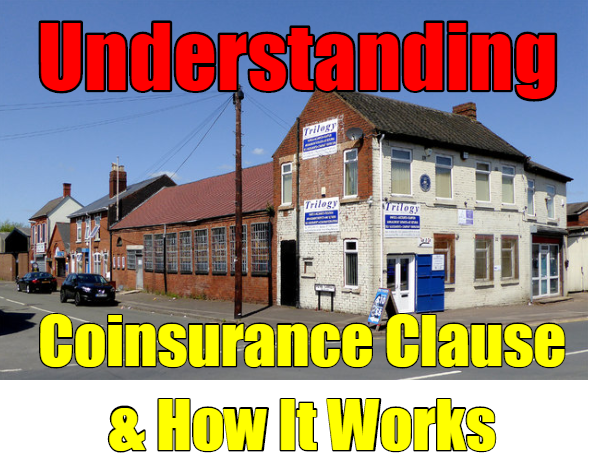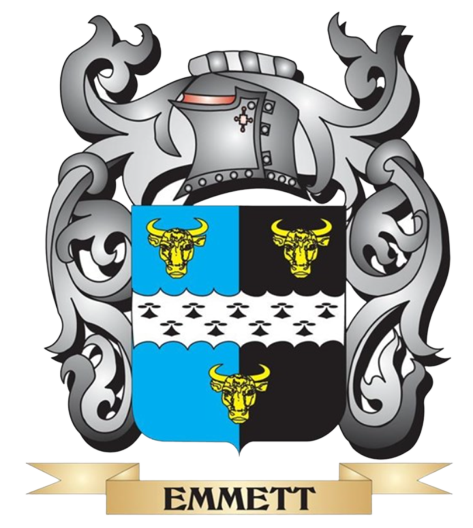Video #1: Coinsurance Clause & How It WorksVideo #2: How to explain Coinsurance to a ClientVideo #3: Value of the covered property at the time of lossVideo # 4: The coinsurance percentage selectedVideo #5: The limit does not have to be value X percentageVideo #6: 5 steps on how to calculate the penaltyVideo #7: Example on calculating the coinsurance penaltVideo #8: Example 1 (Adequate Insurance)Video #9: Example 2 (Inadequate Insurance)Video #10: Example 3 (Over-Insurance)Video #11: Coinsurance Clause & Blanket InsuranceVideo #12: Example of Blanket Insurance CoinsuranceVideo #13: Coinsurance Clause & Valuation of PropertyVideo #14: Coinsurance Clause & Agreed Value |
Don’t Assume That Exposures Are Simple
It is understandable to think that premises liability may be routine, but there are often elements or circumstances that cause complications. Even exposures that are essentially residential can become entangled. One family owned a farmhouse and several properties as investments. They were all purchased and insured by a Commercial General Liability policy under the name of a limited liability corporation (LLC). The furnished farmhouse was used recreationally. After some family members and a couple of guests enjoyed a day of riding ATVs and dirt bikes, the family’s father left. He asked his son to lock up. The son and his friends were inside the farmhouse prior to locking things up. The son picked up a rifle that had been left out during a previous farmhouse visit. The firearm went off and its bullet struck one friend who, later, died. Matters worsened when the family’s request to cover the tragic loss was denied and they sued. The dispute was over whether the son qualified for protection as the policy’s named insured was an LLC. Click here to see how a court addressed their dispute over eligibility. Align The “Who” With the “How” The situation above demonstrates the importance of making sure that how coverage is written aligns with who needs the applicable protection. Policies routinely identify the parties qualifying for its protection. Defined terms, which can easily be overlooked, are critical. They must be considered according to the nature of the party appearing as the named insured. The family depicted above likely expected that writing coverage for their investment properties under the name of their LLC was logical. Their insurers were prepared to meet their coverage obligations, and most did. However, insurers also challenge requests for protection that, in their opinion, fall outside of contractual terms. This was the course taken by the property owners’ commercial insurer. Click here for an excerpt of wording regarding coverage and exclusions found under the AAIS Commercial Liability Coverage Form Analysis Section of PF&M found in Advantage Plus. Named Insured Description, Please The dispute above involved more than one aspect of the policy, in particular: • what party was described as the policy’s named insured? • whether the person who handled a firearm that resulted in a tragedy held status as an insured? • was the loss of the sort that was eligible for protection under the policy? While Commercial General Liability policies grant covered status to a variety of persons/entities, it depends upon, primarily, the description of the named insured. Insured status may exist as a relative under certain circumstances, but the relationship may be irrelevant under others. Handling any set of risks initially means having a basic understanding of risk elements. Such understanding leads to insights on what to expect regarding liability associated with, in this case, property ownership. It can be helpful to take a step back and review foundational information. Click here for a discussion on risk management and identification from Gordis on Insurance found in Advantage Plus. What Is Your Narrative? The more information that can be developed about a given situation, the greater the ability to identify exposures that must be addressed. Even before questions can be asked, familiarity should be built with the sort of exposures that are typically found with certain classifications. Tools that can provide such knowledge are risk narratives. They focus on hundreds of individual business classifications belonging to more than two dozen business categories. They discuss key coverage areas related to those individual, commercial operations. They can be an important guide in the effort to address a prospect’s risks. Click here to see a description of an operation from the risk narratives section of the Commercial Risk Survey found in Advantage Plus. |
If you must let someone down, be sure it isn’t the friend who helped you up when you were down.
We all have short memories. We become preoccupied with our own interests and daily cares, and it’s easy to lose track of friends. There will always be times when you must choose between what you wish to do and what you must do. When you are faced with such decisions, make sure you always remember those true and loyal friends who were there when you needed them, and never, under any circumstances, abandon them. When you let down a friend who helped you when you needed it most, you will not only adversely affect the friendship; you will seriously damage your own self-respect. When you fail a friend, regardless of how heavy your own burdens may be, you also fail yourself. If you absolutely cannot do what good friends would like, find another way to make it up to them.
We all have short memories. We become preoccupied with our own interests and daily cares, and it’s easy to lose track of friends. There will always be times when you must choose between what you wish to do and what you must do. When you are faced with such decisions, make sure you always remember those true and loyal friends who were there when you needed them, and never, under any circumstances, abandon them. When you let down a friend who helped you when you needed it most, you will not only adversely affect the friendship; you will seriously damage your own self-respect. When you fail a friend, regardless of how heavy your own burdens may be, you also fail yourself. If you absolutely cannot do what good friends would like, find another way to make it up to them.
Most failures could have been converted into successes if someone had held on another minute or made more effort.
When you have the potential for success within you, adversity and temporary defeat only help you prepare to reach great heights of success. Without adversity, you would never develop the qualities of reliability, loyalty, humility, and perseverance that are so essential to enduring success. Many people have escaped the jaws of defeat and achieved great victories because they would not allow themselves to fail. When your escape routes are all closed, you will be surprised how quickly you will find the path to success.
When you have the potential for success within you, adversity and temporary defeat only help you prepare to reach great heights of success. Without adversity, you would never develop the qualities of reliability, loyalty, humility, and perseverance that are so essential to enduring success. Many people have escaped the jaws of defeat and achieved great victories because they would not allow themselves to fail. When your escape routes are all closed, you will be surprised how quickly you will find the path to success.




